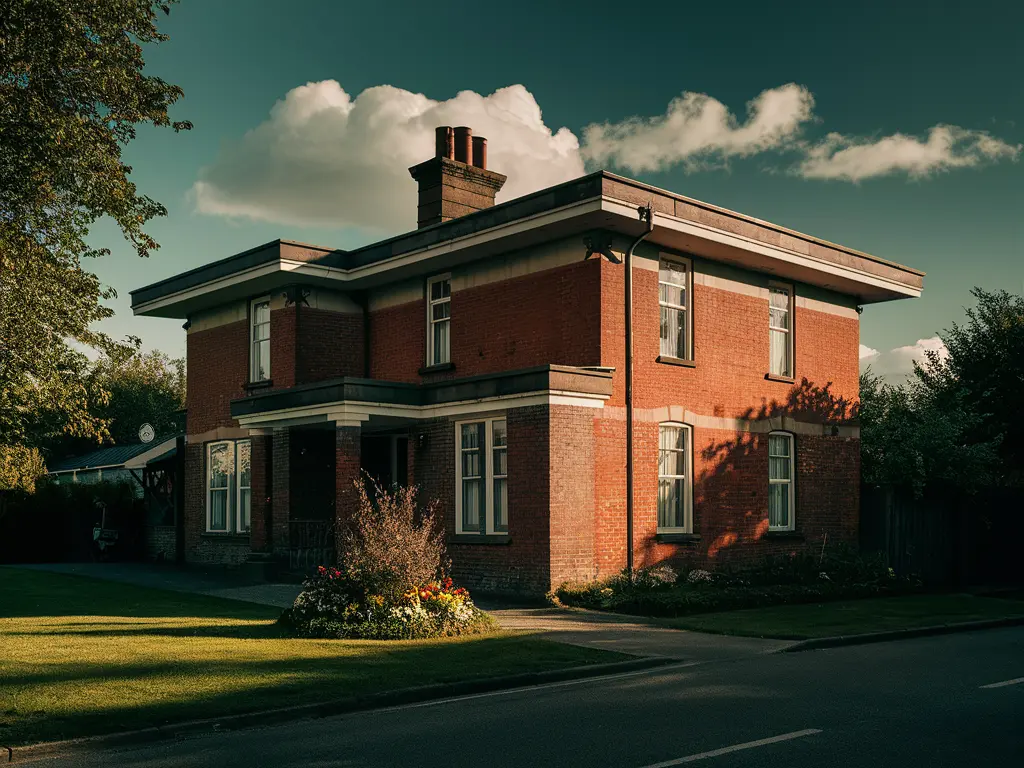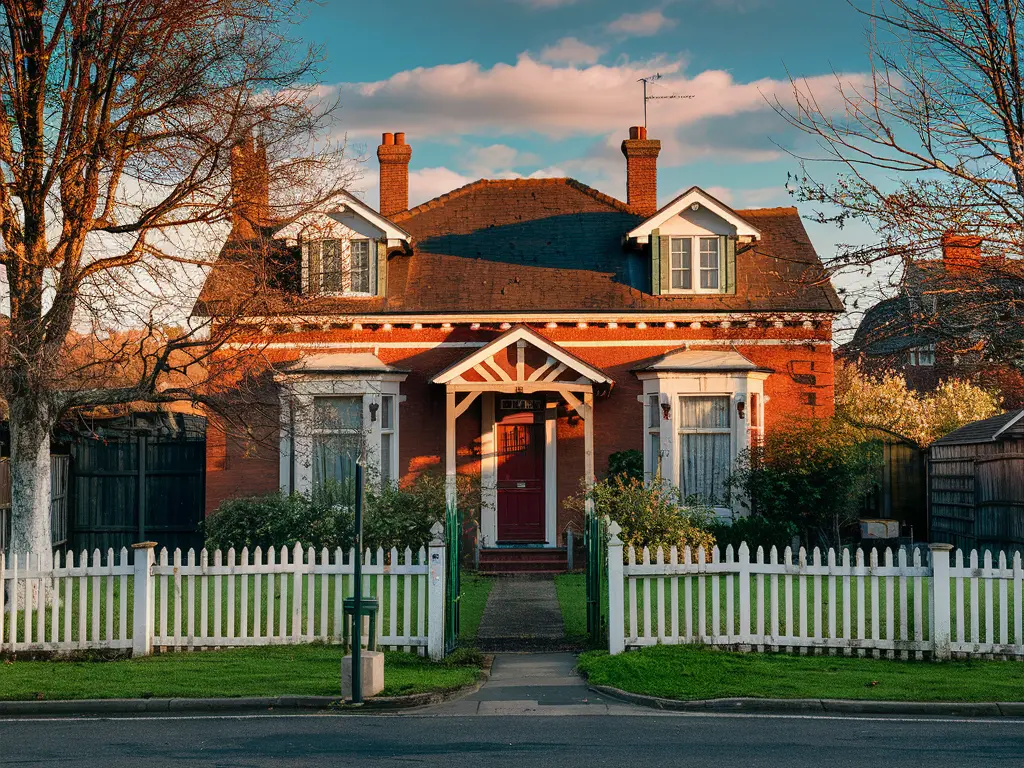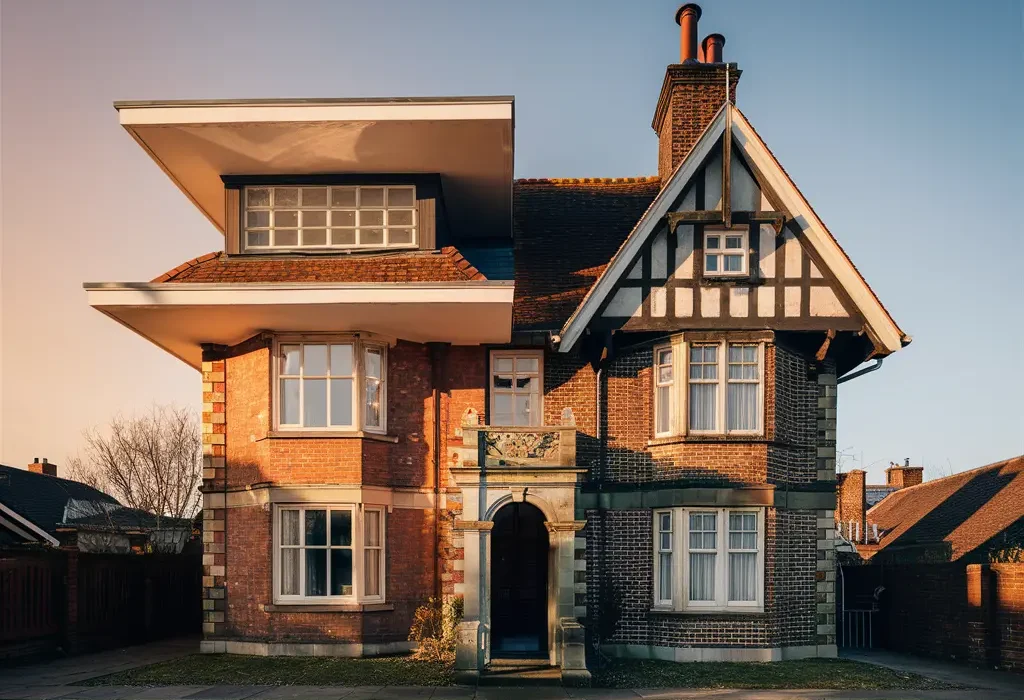Flat Roofs vs. Pitched Roofs: Pros and Cons for Manchester Properties
When it comes to choosing the right roof for your Manchester property, the debate between flat roofs and pitched roofs is a crucial consideration. Both types have their unique advantages and challenges, especially in Manchester’s distinctive climate. This comprehensive guide will explore the pros and cons of each roofing style, helping you make an informed decision for your property.
Understanding Manchester’s Climate
Before diving into the specifics of each roof type, it’s essential to consider Manchester’s climate. Known for its frequent rainfall, cool temperatures, and occasional strong winds, Manchester’s weather plays a significant role in roofing decisions. On average, Manchester experiences about 140 rainy days per year, with annual rainfall around 829mm. These conditions make water resistance and durability critical factors in roof selection.
Flat Roofs: A Modern Choice
Flat roofs have gained popularity in recent years, especially in urban areas of Manchester. Despite their name, flat roofs actually have a slight pitch to allow for water drainage.
Pros of Flat Roofs
- Cost-Effective Installation: Flat roofs generally require fewer materials and less labour to install, making them a more affordable option upfront.
- Maximised Interior Space: In properties with height restrictions, flat roofs allow for maximum use of interior space, particularly on the top floor.
- Versatile Use of Roof Space: Flat roofs can be utilised for rooftop gardens, solar panel installations, or additional outdoor living areas.
- Easier Maintenance Access: The flat surface makes it easier and safer to access for inspections and maintenance.
- Modern Aesthetic: Flat roofs contribute to a sleek, contemporary look that’s popular in urban Manchester developments.
Cons of Flat Roofs
- Drainage Challenges: In Manchester’s rainy climate, flat roofs may face more significant drainage issues compared to pitched roofs.
- Shorter Lifespan: Typically, flat roofs have a shorter lifespan than pitched roofs and may require more frequent replacement or repair.
- Limited Insulation Space: The low profile of flat roofs can limit the space available for insulation, potentially affecting energy efficiency.
- Higher Maintenance Needs: Regular maintenance is crucial to prevent water pooling and ensure the integrity of the waterproof membrane.
- Snow Load Concerns: While not a frequent issue in Manchester, heavy snowfall can put additional stress on flat roofs.


Pitched Roofs: The Traditional Approach
Pitched roofs are the more traditional option and are common in many residential areas of Manchester. They come in various styles, including gable, hip, and mansard roofs.
Pros of Pitched Roofs
- Excellent Water Drainage: The slope of pitched roofs naturally channels water away, making them highly effective in Manchester’s rainy climate.
- Longer Lifespan: With proper maintenance, pitched roofs can last significantly longer than flat roofs, often 30 years or more.
- Better Insulation Options: The space under a pitched roof allows for more substantial insulation, improving energy efficiency.
- Versatile Design Options: Pitched roofs offer various design possibilities, allowing homeowners to match different architectural styles prevalent in Manchester.
- Increased Attic Space: The area under a pitched roof can be utilized for storage or even converted into living space.
Cons of Pitched Roofs
- Higher Initial Cost: The materials and labour required for pitched roofs typically make them more expensive to install than flat roofs.
- More Complex Installation: The construction of a pitched roof is more complicated and time-consuming compared to a flat roof.
- Potential for Wind Damage: In areas of Manchester exposed to strong winds, pitched roofs may be more susceptible to wind damage, particularly to individual tiles or shingles.
- Maintenance Challenges: Accessing a pitched roof for maintenance or repairs can be more difficult and potentially dangerous.
- Height Restrictions: In some urban areas of Manchester, height restrictions may limit the use of steeply pitched roofs.
Considerations for Manchester Properties
When choosing between flat and pitched roofs for your Manchester property, several local factors come into play:
Historical Considerations
Many areas in Manchester feature historical or period properties. If you own such a property, a pitched roof might be more in keeping with the original architecture and any conservation area guidelines.
Planning Permissions
For new builds or significant alterations, it’s crucial to check with Manchester City Council regarding planning permissions. Some areas may have restrictions on roof types or heights.
Energy Efficiency
Manchester’s cool climate means heating costs can be significant. The superior insulation options of pitched roofs might offer long-term energy savings, although modern flat roof designs are improving in this aspect.
Future Development Plans
If you’re considering future expansions or loft conversions, a pitched roof might provide more flexibility. However, a flat roof could offer potential for a roof terrace or green roof installation.
Local Expertise
Manchester has experienced roofers skilled in both flat and pitched roof installation and maintenance. Consult with local professionals who understand the specific challenges posed by the city’s climate.
Making Your Decision
Choosing between a flat roof and a pitched roof for your Manchester property ultimately depends on several factors:
- Budget: Consider both initial installation costs and long-term maintenance expenses.
- Property Style: Think about what suits your property’s architecture and the surrounding neighbourhood.
- Functionality: Determine whether you need extra living space, storage, or rooftop amenities.
- Maintenance Commitment: Assess how much time and resources you can dedicate to roof maintenance.
- Longevity: Consider how long you plan to stay in the property and the roof’s expected lifespan.
Conclusion
Both flat roofs and pitched roofs have their place in Manchester’s diverse architectural landscape. Flat roofs offer modern aesthetics, cost-effective installation, and versatile use of rooftop space, making them attractive for urban developments and contemporary homes. However, they require vigilant maintenance to perform well in Manchester’s rainy climate.
Pitched roofs, while more expensive initially, provide excellent water drainage, longevity, and insulation benefits that are well-suited to Manchester’s weather conditions. They also offer more design flexibility and potential for additional living space.
Ultimately, the right choice depends on your specific circumstances, including your budget, property type, and long-term plans. Consulting with a local roofing professional can provide valuable insights tailored to your particular situation and help ensure that whichever option you choose, your Manchester property remains well-protected for years to come.


